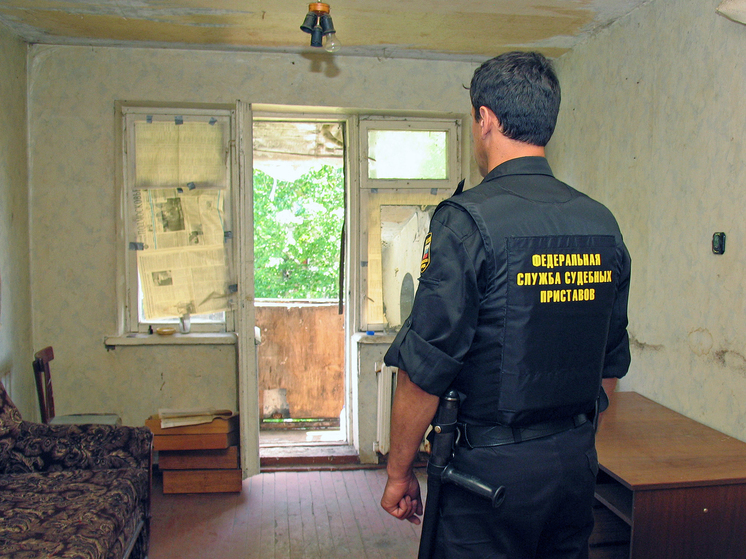Experts doubt the effectiveness of the measure
The Ministry of Economy has prepared a bill designed to provide additional guarantees to bankrupt citizens whose mortgaged housing is their only one. It is proposed that the funds from the sale of mortgaged real estate remaining after the debt to creditors has been repaid should not be used to pay off the borrower's remaining debts, but transferred to the citizen so that he can buy or rent more modest housing. According to the authorities, this way Russians will have more options not to worsen their situation. Why experts were skeptical about this initiative — in the MK article.

The Ministry of Economy proposed to amend the law «On Insolvency» and change the rules for paying off the debts of a bankrupt citizen at the expense of a mortgaged apartment, which is the only housing. The proposals were developed to fulfill the will of the Constitutional Court (CC), which previously ordered to change the law in this way. Let us recall that a borrower can declare himself bankrupt if he has debts of 500 thousand rubles and if the payment is overdue for three or more months. According to data for 2023, there are about 6 million active mortgage agreements in Russia. At the same time, about 80% of them are housing that is the only one for families, accordingly, about 4.8 million Russians may potentially need such protection.
According to the First Deputy Head of the Ministry of Economy Ilya Torosov, the proposals developed by the department will provide the citizen with «an additional guarantee of protection of his constitutional right to housing, granting executive immunity to the funds remaining after the payment of the claims of the secured creditor»: this money can be used to purchase new housing or rent it. But if the debtor turned out to be dishonest, for example, paid the mortgage using funds received from other creditors, then the amount of the return can be reduced, which the Constitutional Court also insisted on.
According to Vladimir Kuznetsov, Vice President of the Association of Lawyers for Registration, Liquidation, Bankruptcy and Court Representation, the bill is intended to align the pledgee bank's super priority to pay off its claims with this right. «There will be no need to worry about how the court will decide and where the «extra money» will go, and creditors will know in advance how they should act,» says Elman Mekhtiev, founder of the Kredchek service.
The downside is that other creditors will now be even more careful in assessing the solvency of future borrowers, which will affect the availability of unsecured loans. «This may affect the overall availability of mortgages,» adds arbitration manager Vladimir Deshevoy.
Experts are even more critical about whether these proposals can help borrowers. “Such a decision cannot protect those who do not have housing: it is not about providing housing as property, but only about the hypothetical possibility of using “extra money” for rent,” Mekhtiev said.
Of course, the measure can help several hundred citizens, but it will not change anything radically. As Dmitry Yanin, Chairman of the Board of the International Confederation of Consumer Societies (ConfOP), noted, for many years banks issued mortgage loans with a minimum down payment, which could be only 10%. They also still practice issuing a consumer loan for the down payment in parallel to a mortgage. In the event of bankruptcy, especially during the first years after receiving the loan, a situation arises when the housing put up for auction during bankruptcy costs the same. At the same time, the down payment was minimal, and the monthly amounts paid on the loan were mainly not used to pay off the principal debt, but to pay interest, so that the amount of the principal debt did not decrease much in the end.
“We do not think that after the sale of such apartments, anything remains,” says Yanin. “Most likely, after bankruptcy, people will be left with nothing: no money, no apartment. True, and without debt. But they simply gave the interest paid to the bank, because most mortgage loans are issued by us under the annuity scheme.» We are talking about the loan repayment schedule, which involves paying off the principal debt and interest on the loan in equal amounts at equal intervals.


